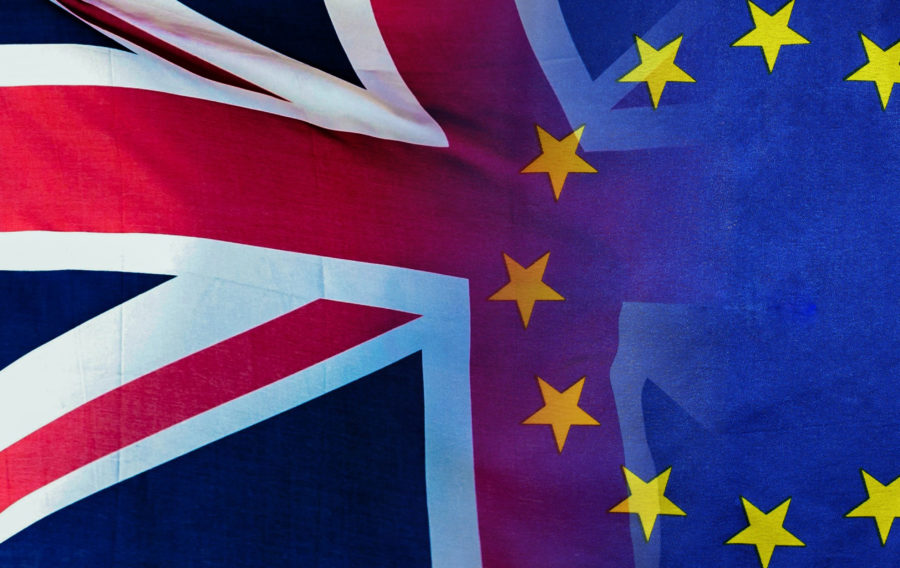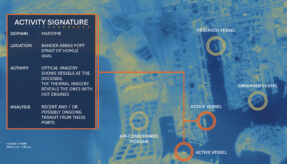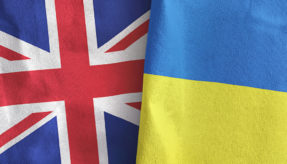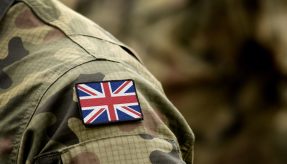
A new UK-EU Security & Defence Partnership has been agreed, creating a strong basis to strengthen dialogue and co-operation. This Partnership reflects shared geography, history, interests and values, and the fact that the UK and the EU are both significant international actors with strong defence and security capabilities and expertise.
The new Partnership will help ensure the interests of the British people continue to be represented at the highest level across the continent, through increased regular engagement with EU leaders.
The Partnership will enable an upgrade to co-operation on the major shared challenges to European security – for example, through increasing support for Ukraine with joint work to tackle Russia’s illegal shadow fleet and strengthening co-operation on sanctions, to maximise economic pressure on Putin’s war machine. It will enable closer co-operation across a wide range of areas, ranging from maritime security, space security, tackling hybrid threats, and enhancing the resilience of our critical infrastructure, to irregular migration, global health, and illicit finance.
It will also mean exploring closer co-operation and joint investment in our defence industrial base, in a way which can support economic growth and jobs on both sides and help to prevent fragmentation.
Tom Saunderson, corporate partner at Browne Jacobson, said: “One area where the EU and UK have found common ground in recent months is on defence and security. The announcement of security pact between the UK and the EU is not merely a reflection of the shifting dynamics in global defence partnerships, but it could also be seen a proactive step towards securing economic benefits for the UK’s defence sector.
“Historically reliant on the US for military support and strategic direction through NATO, the changing political landscape in the US has prompted European nations to strengthen their own defence mechanisms. By aligning with the EU through a security and defence pact, the UK acknowledges the need for enhanced regional security collaboration that is somewhat independent of US involvement.
“The potential economic implications are substantial. The EU has allocated a significant €150bn of funding through a loan programme named ‘Security Action for Europe’ (SAFE), aimed at enhancing its defence capabilities and, by entering into this security agreement with the bloc, it opens the door for UK companies to gain access to contracts funded by SAFE. This will provide not just financial gains but also opportunities for the UK defence industry to expand, innovate and play a central role in the broader European defence landscape.
“A defence pact represents a dual benefit for the UK—strengthening security ties with European neighbours while simultaneously tapping into new economic opportunities. This strategic move could redefine the UK’s role in European affairs post-Brexit, ensuring it remains a key player in both political and economic spheres on the continent.
“The significance of this pact extends beyond immediate economic and security enhancements. It serves as a cornerstone for renewed cooperation between the UK and the EU, offering a blueprint for future collaborations. As we move forward, the potential of this partnership to reshape European defence and economic landscapes cannot be underestimated.”
Meanwhile, in response to the deal with the EU, Andriy Dovbenko, Founder and Principal of UK-Ukraine TechExchange said: “Nobody can underestimate the emotive importance of UK waters to an island nation, but defence and national security should be the focus of the new trade agreement between the UK and the EU today. Not only because of the urgent need to boost defence capabilities in today’s rapidly shifting geopolitical climate – where dangers also lurk beneath the waterline in the form of unmanned Russian vehicles, rogue fishing vessels, and sensors near deepsea communications cables – but also because of the industry’s huge untapped potential to boost UK growth, particularly in the realm of DefenceTech. Keir Starmer and Rachel Reeves themselves have previously highlighted the promise of the defence sector to revitalise the economy, which contributes 10x more than the fishing industry to UK GDP. Doing so would only make it easier for UK spend on defence to increase to much-needed levels.
“Nonetheless, the formalised agreement answers an unmet need for clear and confident steps towards improved collaboration to address Europe’s major security threats. It was particularly positive to see support for Ukraine highlighted as a key priority of the pact, with Ukraine’s battlefield home to the unparalleled DefenceTech innovation that could form the foundations of Europe’s future security, if given the opportunity to. For that to happen, the onus is on the government to learn from the past and Ukraine’s experiences by avoiding too many large-scale defence projects with 10-year build horizons, by which time the developed technology may be obsolete.”
If you would like to join our community and read more articles like this then please click here








